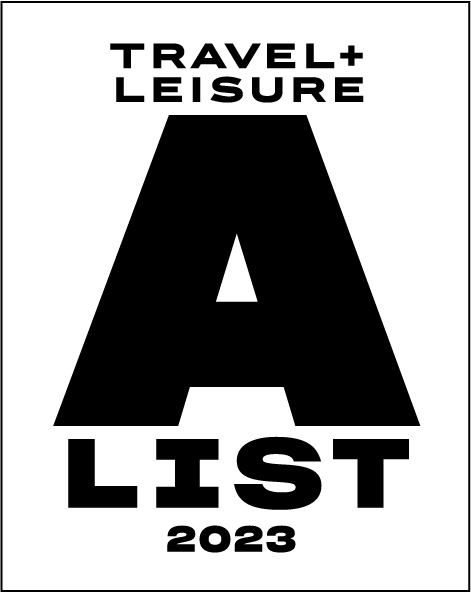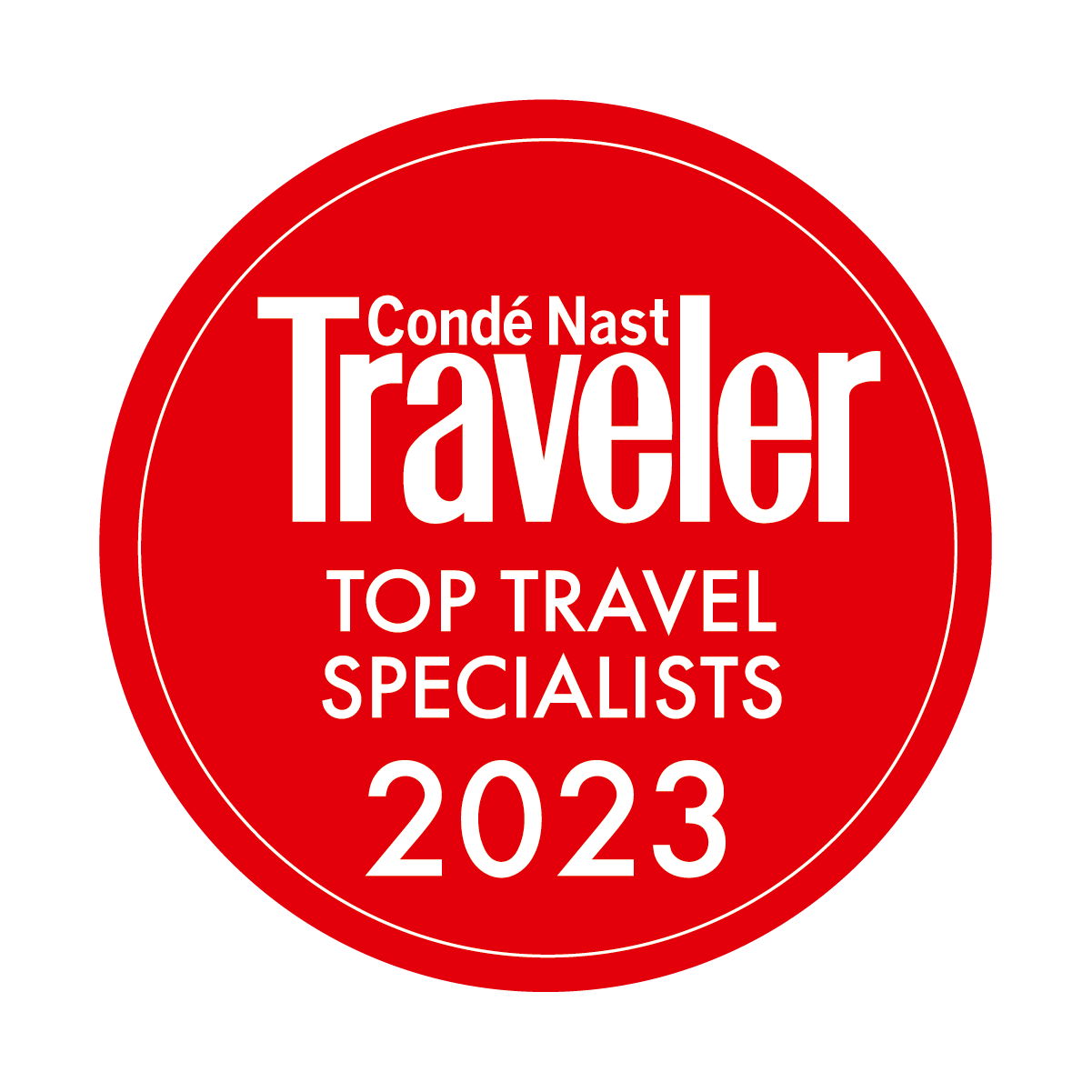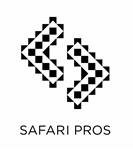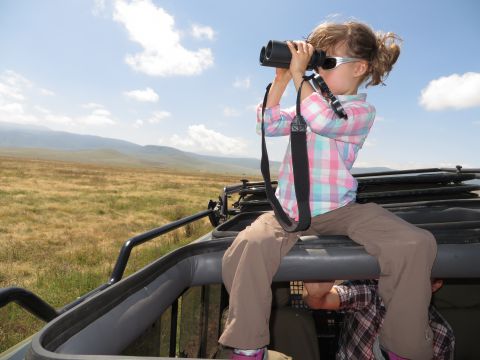The Best Safari Binoculars
Do you really need binoculars?
Going on safari is an adventure-lovers dream. You’ll spend your days exploring the wilderness, seeking out wildlife and soaking up the wonderful bush wisdom of your guides. A camera is a given – you need to capture those incredible moments, but do you really need a pair of binoculars? In short - yes.
A good pair of binoculars will enhance your safari experience and expand the way you perceive the bush around you. There will be many times when the wildlife is close, but there will be others when they’re at a distance, and you’ll need a great pair of binoculars to get a better view. Or maybe you’ll just want to glimpse the intricate details of an animal – the delicate patterns of a leopard’s fur as it sleeps in a tree, the thick fan of eyelashes on an elephant, or an oxpecker pulling a tick off the back of a zebra. You don’t want to miss any of those unique moments.
So you’ve decided to go for it, but how do you choose the right pair? What magnification is best? What brand is most reliable? And then there’s always the question of balancing price with likelihood of use. Sure, you could shell out a hefty amount and get a top-of-the-line pair, but how often are you going to use them again? However, you also don’t want to scrimp and get a pair that end being useless.
Well, we’ve done the legwork and found some fantastic options for you.
Brand
Let’s start broad – which brands should you be looking at? There are always a few that pop up repeatedly for their reputation: Nikon, Vortex, Leica, Avalon, Swarovski, Bushnell, Minox, Steiner, and Zeiss. If you go with any of these, you’ll be assured of purchasing a quality product.
Magnification & Lens Size
Now comes the (literal) fine print on the box. What do the magnification and lens size mean and which levels are best for safari? Let’s use an example of 8x32 binoculars. The 8x means you’ll magnify the image 8 times its normal size, using a 32mm sized lens.
An ideal magnification for safari is 8x to 10x. This will give you a good amount of magnification without destabilizing the image. Any less wouldn’t be worth the extra weight of bringing along binoculars, and any more means your slightest hand movements will create shaky images.
We recommend getting lenses that are 32mm to 42mm because they perform better in low light than smaller lenses. Since you’ll be out and about on game drives during the early morning and evening, you’ll want binoculars that do well in those conditions. Getting a pair with lenses larger than this makes the binoculars cumbersome to use and carry – not ideal for fast paced wildlife sightings.
Other Features to Consider
Companies assume that you’ll be using their binoculars outdoors, but that doesn’t mean they’re all created equally. While you’re on safari, there will be plenty of dust and maybe even some rain and mud. It’s important to choose a pair listed as water and dust resistant.
Birdwatchers
As we’ve discussed, we’re big advocates for finding binoculars that are both effective and reasonable. The exception to this is birdwatchers. If you’re interested in birdwatching, it’s worth your while to invest in a serious pair of binoculars. Here are a few tips to for finding a worthy pair:
- Don’t necessarily go for the highest magnification (12x or 16x) like you might expect. These higher magnifications will make the image shake more. You don’t need an extra high magnification for birdwatching - 8x or 10x will result in much more stable images.
- A wider field of view will allow you find a tiny bird in a tree faster than a narrow field of view. You wouldn’t want to be scanning a tree frantically trying to find the bird only to have it fly off before you locate it. A magnification of 8x to 10x will give you this wider field of view.
- Look for an anti-reflective lens protection. A lens that is fully coated or has multilayer coating will help reduce the amount of glare and transmit the light better. This is useful when you’re angling your binoculars skyward to check out birds.
We recommend the the Avalon 8x32 Mini HD ($159), Nikon Prostaff 8x42 ($190) or 10x42 ($200), Avalon 10x42 PRO HD ($239), Zeiss Terra ED 8x42 ($460), or Minox 10x44 BL HD ($835) binoculars.




